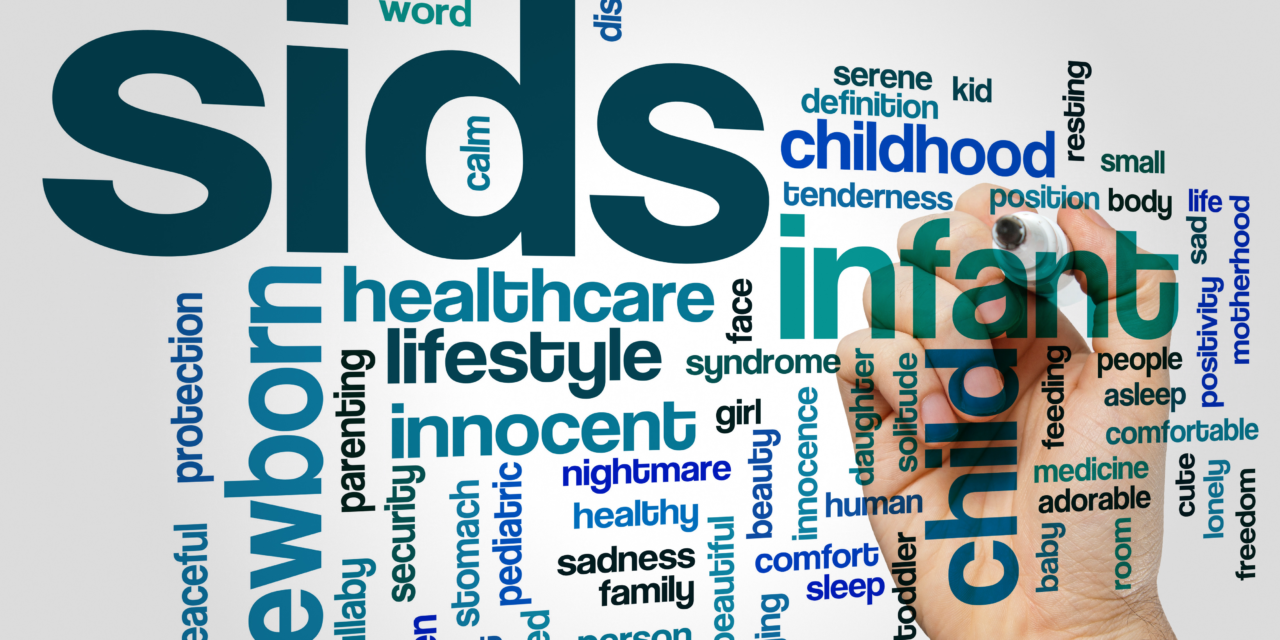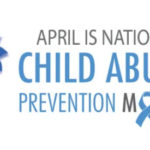by LuAnne Brown
According to the American Association of Pediatrics (AAP), more than 3,500 babies in the United States die suddenly and unexpectedly each year while sleeping due to sudden infant death syndrome (SIDS).
SIDS refers to the unexplained death, usually during sleep, of a seemingly healthy baby less than a year old, and is sometimes referred to as crib death because the infants often die in their cribs. While the cause of SIDS is unknown, researchers believe it may be associated with defects in a portion of the infant’s brain that controls breathing and waking from sleep.
During SIDS Awareness month in October, Buffalo Prenatal-Perinatal Network (BPPN) and Tammy Odierno, Infant Safe Sleep Coordinator at BestSelf Behavioral Health, offer the following AAP recommendations for creating a safe sleep environment for babies up to one year of age.
- Back to Sleep. Always place babies on their backs for sleep, on a firm flat, non-inclined sleep surface to reduce the risk of suffocation or wedging/entrapment.
- Human Milk/Breast Feeding. Feed your baby human milk because it is associated with a reduced risk of SIDS.
- Sleep in Your Room. It is recommended that infants sleep in the parents’ room, close to the parents’ bed, but on a separate surface designed for infants, ideally for at least the first 6 months.
- Avoid Soft Objects. Keep soft objects, such as pillows, pillow-like toys, quilts, comforters, mattress toppers, fur-like materials, and loose bedding, such as blankets and nonfitted sheets, away from the infant’s sleep area to reduce the risk of SIDS, suffocation, entrapment/wedging, and strangulation.
- Pacifiers. Offering a pacifier at naptime and bedtime is recommended to reduce the risk of SIDS.
- Smoking. Avoid smoke and nicotine exposure during pregnancy and after birth.
- Alcohol and Illicit Drugs. Avoid alcohol, marijuana, opioids, and illicit drug use during pregnancy and after birth.
- Overheating. Avoid overheating and head covering in infants.
- Prenatal Care. It is recommended that pregnant people obtain regular prenatal care.
- Immunizations. It is recommended that infants be immunized in accordance with AAP and CDC guidelines.
- Cardiorespiratory Monitors. Do not use home cardiorespiratory monitors as a strategy to reduce the risk of SIDS.
- Tummy Time. Supervised, awake tummy time is recommended to assist in development and to minimize the risk of positional plagiocephaly (the flat spot that can develop on an infant’s head from lying on their backs too much). Parents are encouraged to place the infant in tummy time while awake and supervised for short periods of time.
LuAnne Brown is President of the New York State Perinatal Association and CEO of Buffalo Prenatal-Perinatal Network. BPPN empowers women, fathers, and families to take charge of bettering their family health and well-being through education, support, advocacy, and connection to resources and services. Learn more at www.bppn.org or call 716-884-6711.












